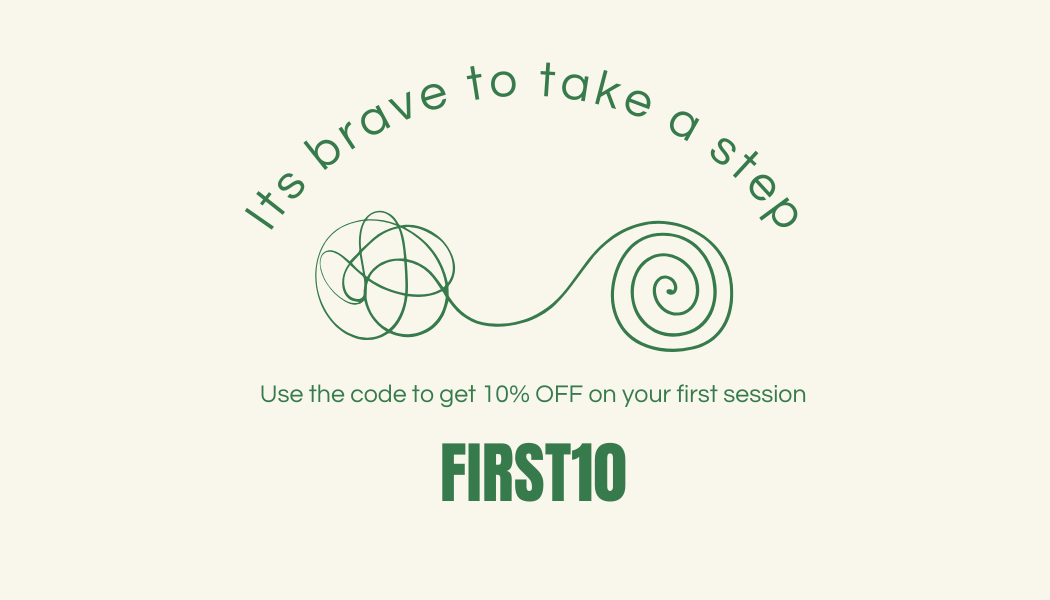Social anxiety, often misconstrued and overlooked, is an emotional state that affects millions worldwide. While some may perceive it merely as shyness or nervousness in social situations, its impact can be profound, disrupting daily life and hindering personal growth.
In recent years, there has been growing debate and discussion surrounding the classification of social anxiety as a disability. In this guide, we’ll discuss what social anxiety is, its effects, implications, and whether it qualifies as a disability.

What is Social Anxiety Disorder?
Social anxiety disorder, also known as social phobia, is characterized by an intense fear of being judged, criticized, or embarrassed in social situations. Individuals with social anxiety often experience overwhelming anxiety and distress in various social settings, ranging from everyday interactions to public speaking or performance situations.
This persistent fear can significantly impair one’s ability to function effectively in social, academic, or occupational domains.
Is Social Anxiety a Disability?
The definition of disability varies across different contexts and legal frameworks. While social anxiety may not always meet the criteria for disability, it can significantly impair an individual’s ability to function in social, academic, or professional settings.
- Social Anxiety as a Disability: In some cases, social anxiety may be considered a disability if it substantially limits major life activities, such as working or interacting with others. However, the determination of disability often depends on individual circumstances and the severity of symptoms.
- Legal Recognition of Social Anxiety as a Disability: In countries like India, social anxiety may be recognized as a disability under certain laws or provisions that protect individuals with mental health conditions. However, legal recognition and access to accommodations may vary depending on the jurisdiction.
Related Articles:
- Non Pharmacological Treatment for Depression
- How To Think Positive When Depressed?
- Why Career Counseling is Important in India?

Signs and Symptoms of Social Anxiety Disorder
Symptoms of social anxiety disorder may manifest differently from person to person but often include:
- Intense fear of social situations
- Avoidance of social interactions
- Heartbeats that are rapid, sweating, or trembling are all physical symptoms
- Negative thoughts and self-doubt in social settings
- An inability to speak or perform tasks in front of others
Impact of Social Anxiety on Daily Life
Social anxiety can have a profound impact on various aspects of daily life, including:
- Interpersonal relationships: Difficulty forming and maintaining friendships or romantic relationships.
- Academic or professional performance: Fear of judgment may hinder academic or career advancement.
- Emotional well-being: Persistent anxiety can lead to depression, low self-esteem, and feelings of isolation.
Tip: Feeling overwhelmed by social situations? Struggling with the constant fear of being judged or embarrassed? You’re not alone. The team at Ayuda Mind Care understands the challenges that come with living with social anxiety disorder. But there’s hope. Don’t let social anxiety hold you back from living your best life.
Take the first step towards healing by seeking help from a professional cognitive behavioral therapist. Our team of experienced counselors at Ayuda Mind Care specializes in anxiety disorders and can provide you with the support and guidance you need to overcome social anxiety. Your life doesn’t have to be controlled by fear.
Contact us today to schedule a consultation!

How to Overcome Social Anxiety?
While social anxiety can feel overwhelming, there are effective strategies to manage and overcome it. Here are some practical tips:
| 1. Seek Professional Help: | Consider therapy, such as cognitive-behavioral therapy (CBT), which is highly effective in treating social anxiety disorder. A qualified therapist can help you challenge negative thought patterns and develop coping strategies. |
| 2. Practice Exposure: | Gradually expose yourself to feared social situations, starting with less intimidating scenarios and gradually working your way up. As a result of gradual exposure, you can de-sensitize yourself to the anxiety-provoking stimuli. |
| 3. Learn Relaxation Techniques: | Practice relaxation techniques such as deep breathing, meditation, or progressive muscle relaxation to manage anxiety symptoms when they arise. |
| 4. Challenge Negative Thoughts: | Identify and challenge negative thoughts and beliefs that contribute to your social anxiety. Replace them with more realistic and positive affirmations. |
| 5. Build a Support Network: | Surround yourself with understanding and supportive individuals who can provide encouragement and reassurance as you work through your social anxiety. |
| 6. Take Care of Your Physical Health: | Prioritize self-care activities such as exercise, adequate sleep, and a balanced diet, as physical well-being can significantly impact mental health. |
Social anxiety can feel isolating and overwhelming, but it’s essential to remember that you’re not alone, and help is available. By seeking support, developing coping strategies, and gradually facing your fears, you can overcome social anxiety and reclaim control of your life.
It is important to remember that progress may be gradual, but every step forward is worth celebrating.







